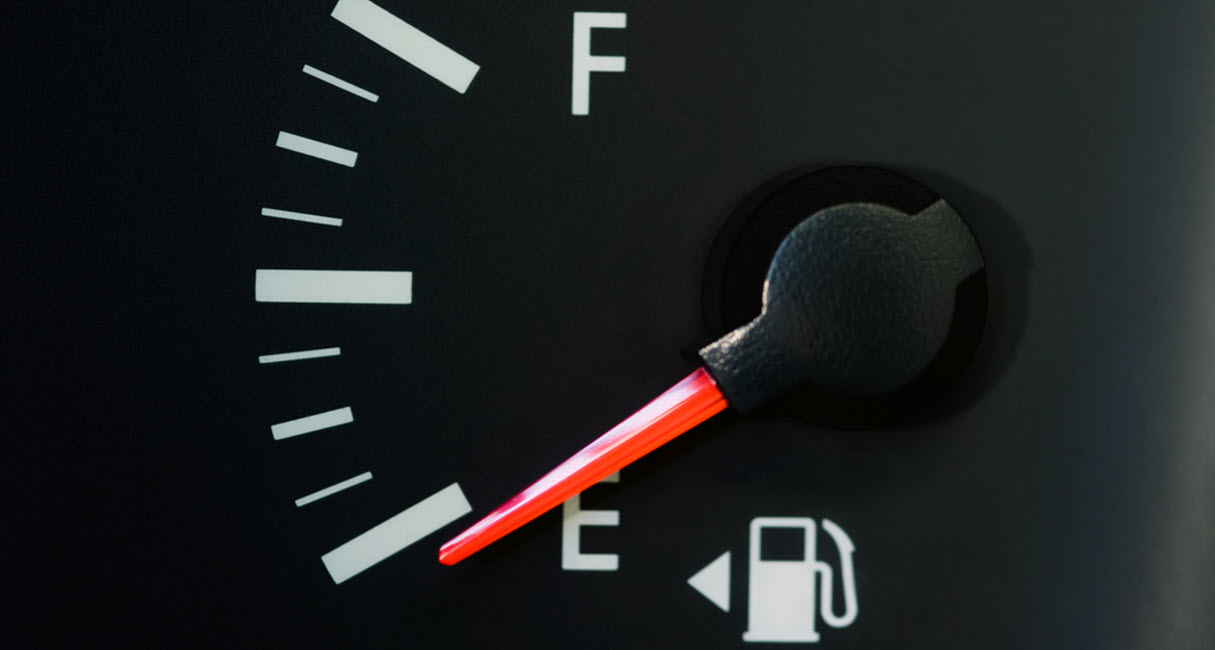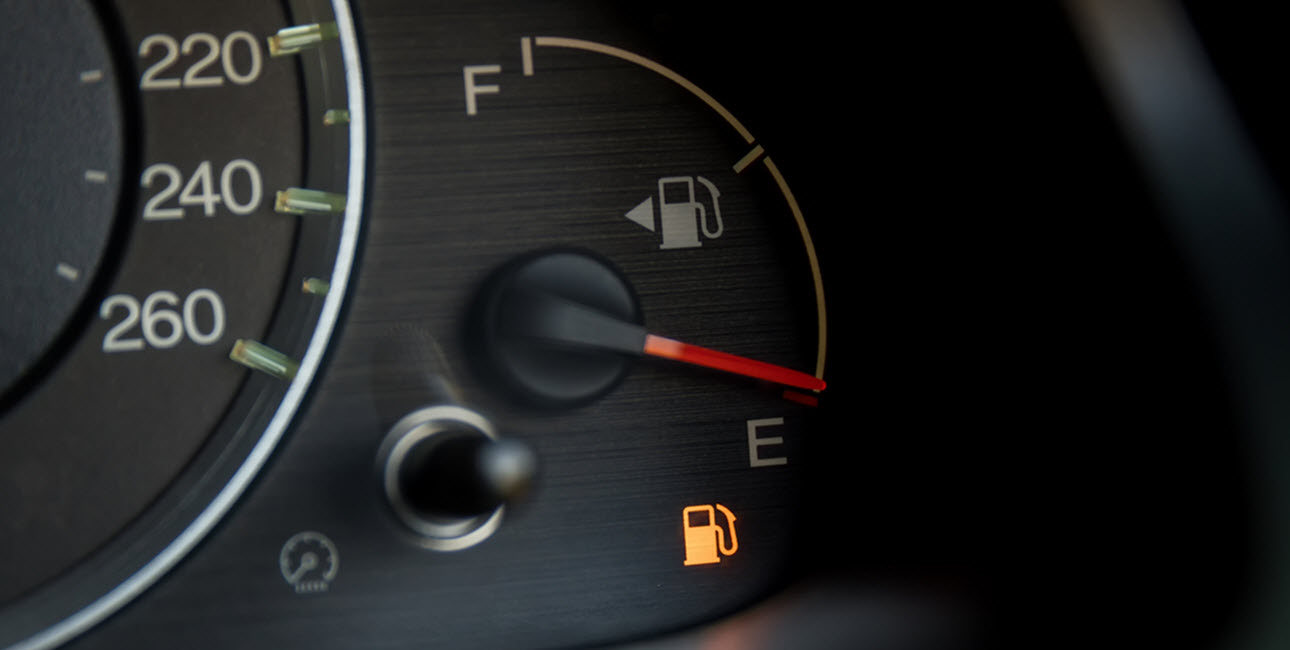
How to Best Deal with a Malfunctioning Nissan’s Fuel Level Sensor
In the intricate world of automotive engineering, precision is an absolute necessity. Amid the myriad of components and systems that keep a car functioning, the humble fuel level sensor holds a crucial position. This unassuming device is responsible for one vital task: accurately measuring and communicating the amount of fuel in a car’s tank to the driver. It might appear simple, but the implications of a malfunctioning fuel level sensor can be far-reaching, ranging from inconvenience to potential engine issues.
The Purpose of a Fuel Level Sensor
To understand the importance of a fuel level sensor, it’s essential to comprehend its basic function. A fuel level sensor is a critical component within a car’s fuel system. Its primary role is to measure the quantity of fuel in the gas tank and relay this information to the car’s dashboard, where it is displayed to the driver. This measurement is vital for several reasons:
- Accurate Fuel Monitoring: Precise fuel level data enables drivers to gauge when they need to refuel accurately, preventing them from running out of gas unexpectedly.
- Engine Performance: The engine control unit (ECU) relies on the data from the fuel level sensor to adjust fuel-to-air ratios. Accurate data leads to better engine performance, improved fuel efficiency, and reduced emissions.
- Driver Convenience: Knowing the exact amount of fuel in the tank provides peace of mind and enhances the overall driving experience.
Fuel level sensors employ various mechanisms, from float-based systems in older cars to sophisticated electronic sensors in modern cars, to fulfill their role effectively.
Malfunctioning Fuel Level Sensor: It Can Cause You Problems
While the fuel level sensor might seem like a minor player in the grand scheme of a car’s mechanics, a malfunctioning one can bring about significant issues. Here are some of the primary risks associated with a malfunctioning fuel level sensor:
- Inaccurate Fuel Readings: A malfunctioning sensor can provide wildly inaccurate fuel level readings. Drivers may find themselves misjudging when to refuel, leading to the inconvenience of running out of gas unexpectedly.
- Engine Problems: In modern cars, the ECU relies on accurate fuel level data to optimize engine performance. If the sensor provides incorrect information, it can result in improper fuel-to-air ratios, potentially causing engine misfires and decreased fuel efficiency.
- Warning Lights: Many modern cars are equipped with warning lights on the dashboard that can be triggered by a malfunctioning fuel level sensor, creating anxiety and uncertainty for the driver.
Three Benefits of Addressing the Issue
The benefits of addressing a malfunctioning Nissan fuel level sensor extend beyond resolving the immediate problem:
- Improved Accuracy: Replacing or repairing the sensor restores accurate fuel level readings, allowing drivers to plan their refueling stops more effectively.
- Enhanced Engine Performance: Precise fuel level data enables the ECU to operate optimally, leading to improved fuel efficiency and reduced emissions.
- Peace of Mind: A properly functioning fuel level sensor eliminates the anxiety of not knowing how much fuel is left in the tank, enhancing the overall driving experience.
How to Fix a Malfunctioning Nissan Fuel Level Sensor
If you suspect that your Nissan’s fuel level sensor is malfunctioning, here’s a step-by-step guide on how to address the issue:
- Diagnosis: The first and crucial step is to diagnose the problem accurately. Specialized diagnostic tools and equipment are used to identify whether the sensor needs repair or replacement.
- Repair or Replacement: Depending on the severity of the issue, the sensor may need to be repaired or replaced entirely. This decision is typically made by skilled technicians who assess the situation and recommend the best course of action.
- Calibration: After installation, the new sensor may require calibration to ensure it provides accurate fuel level readings. This step is essential to prevent recurring issues and maintain optimal performance.
Contact Us For Expert Nissan Support
In the intricate web of automotive technology,  even the smallest components, like Nissan’s fuel level sensor, play a substantial role in ensuring a smooth driving experience. When this seemingly minor part malfunctions, it can have far-reaching consequences. However, by understanding its significance, recognizing the associated risks, and knowing how to address the issue, drivers can regain confidence in their car’s fuel monitoring system.
even the smallest components, like Nissan’s fuel level sensor, play a substantial role in ensuring a smooth driving experience. When this seemingly minor part malfunctions, it can have far-reaching consequences. However, by understanding its significance, recognizing the associated risks, and knowing how to address the issue, drivers can regain confidence in their car’s fuel monitoring system.
If you find yourself grappling with a malfunctioning Nissan fuel level sensor in the Hoover, Homewood, Vestavia, Mountain Brook, Pelham, Trussville, or Birmingham, AL areas, don’t hesitate to contact Franklin Automotive. Our team of expert technicians is ready to assist you in resolving this issue, ensuring you can drive with confidence once more.
 2880 Acton Road,
2880 Acton Road,





